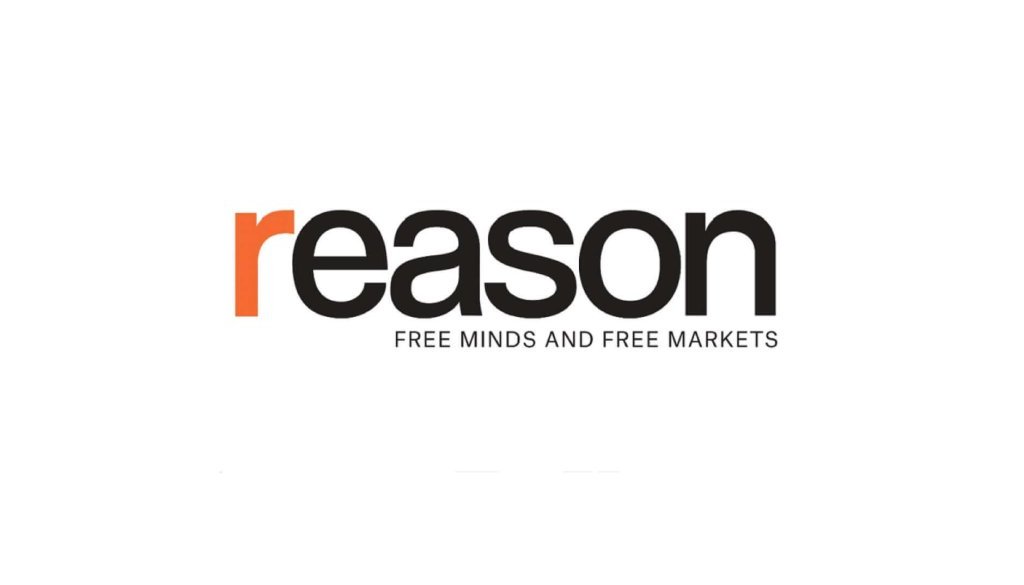Show Us Your Votes, Cowards!
Oh, the joys that our more cowardly news brethren miss out on by declining to disclose how their staffers intend to vote!
You can get needled by Jonah Goldberg (“If Reason magazine got 270 electoral votes, Chase Oliver would be the next president of the United States. Alas, they do not”). Accused—by a friend of 30-plus years, no less!—of being more “concerned about Megyn Kelly’s [judgment]” than making the right call in “one of the most consequential elections” of our lifetime. Pilloried for insufficient Donald Trump support by the official New Hampshire affiliate of (*checks notes*) the political party whose nominee is getting half our staff’s votes: “How does anyone work at Reason and not feel guilty about what they do? It’s shameful.” Many digit-containing Twitter handles doubtlessly agree.
But the pleasures of disclosure go far beyond group mirth in the workplace Slack. Besides the dependable web traffic, these editorial exercises offer we few practitioners (basically us, Slate, and The American Conservative) a palpable sense of relief, not dissimilar to waltzing down Fifth Avenue in your most beloved ugly coat. Sure, you get some weird glances, but there’s a confidence boost in surviving a more complete presentation of your authentic, bizarre self.
Especially given the ostensible values of this withering industry we have chosen. As Editor in Chief Katherine Mangu-Ward put it in an interview four years ago with the National Press Club Journalism Institute,
From the very beginning, Reason’s idea was to puncture some of the self-mythologizing that journalists love to indulge in. The idea that concealing our votes somehow shores up our objectivity is absurd. Hiding the biases and preferences of a publication’s staff doesn’t make them go away. We believe if more publications asked their writers and producers to disclose their votes, readers would be better able to contextualize the news and analysis they receive and seek out real viewpoint diversity (if that’s what they value).
As I have argued from the beginning, asking a newsroom’s journalists who they’re voting for (always with the acceptable response option of “none of your damned business”), is a way of telling both external audience and internal management some useful information about organizational tilt. When Free State Project Executive Director Eric Brakey says that “I do think it reveals they are lacking representation from a major swath of the liberty movement,” he’s not wrong! (We may quibble on “major.”) Reason critics have rightly noted that we, like many news organizations, are clustered around deep blue media capitals, though it’s also true that the declared voting intentions people tend to get maddest about are the ones from those few staffers in actual swing states.
A libertarian magazine’s ballot-booth habits were always going to be eccentric, if thankfully non-monolithic. But what about more normie publications? That’s where this quadrennial fun would get really interesting, if only our media colleagues had any backbone at all.
Slate, a publication within the mainstream of the opinion-journalism left, last reported a staffer voting for a Republican all the way back in 2012, when Mitt Romney got two compared to Barack Obama’s 29. “Will that be the last time ever?” Editor in Chief Jared Hohlt demurred in 2020 (we’re still waiting on 2024). “That’s kind of up to the Republican Party more than it’s up to Slate.” Is it though?
Now, imagine those lopsided numbers—in 2020, Slate went Joe Biden 59, Green Party nominee Howie Hawkins one, plus one staffer who couldn’t decide between the two—only this time played out at the most august and pretentious journalistic institutions. M
Article from Latest

The Reason Magazine website is a go-to destination for libertarians seeking cogent analysis, investigative reporting, and thought-provoking commentary. Championing the principles of individual freedom, limited government, and free markets, the site offers a diverse range of articles, videos, and podcasts that challenge conventional wisdom and advocate for libertarian solutions. Whether you’re interested in politics, culture, or technology, Reason provides a unique lens that prioritizes liberty and rational discourse. It’s an essential resource for those who value critical thinking and nuanced debate in the pursuit of a freer society.

